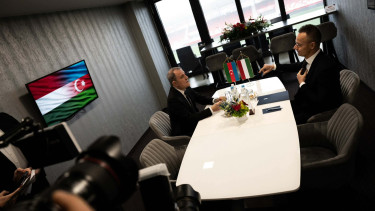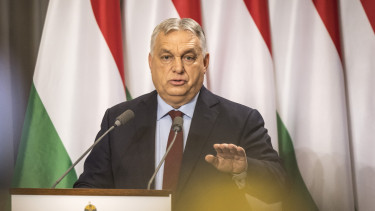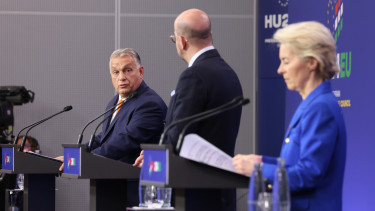Energy
CEZ to set up charging stations in Hungary
There are 3,128 EVs in Hungary and 2,473 in the Czech Republic but Europe’s market leader, Norway, has 239,000 and Germany 198,000. Hungary has a target of 30,000 by 2020.
Chmelik estimates that by 2020 there will be about 10,000 EVs on Czech roads and up to 250,000 by 2030. CEZ aims to more than double the number of fast-charging stations it operates to over 150 by the end of 2019.
Hungarian fuels group Mol plans to invest up to EUR 30 million by the end of 2020 to build a network of up to 700 charging stations in Hungary, Romania, Croatia, Slovenia, Slovakia and the Czech Republic, said Péter Ratatics, head of the group’s consumer services business.
The investment could generate roughly 10% to 15% of the company’s traditional retail business in the next 10 years and up to 50% by 2040, Ratatics said. In 2018 its retail division is expected to generate USD 420 million.
Mol, along with Germany’s E.ON, Croatia’s HEP, Slovenia’s Petrol, BMW and Nissan’s Hungarian unit, is also part of an EU-subsidized project to build 252 fast and ultra-fast charging stations in the Czech Republic, Slovakia, Hungary, Croatia, Slovenia and Romania.
Smaller players such as Greenway are also looking to use EU subsidies to continue to expand and win market share.
Front page photo by Shutterstock
Chmelik estimates that by 2020 there will be about 10,000 EVs on Czech roads and up to 250,000 by 2030. CEZ aims to more than double the number of fast-charging stations it operates to over 150 by the end of 2019.
Hungarian fuels group Mol plans to invest up to EUR 30 million by the end of 2020 to build a network of up to 700 charging stations in Hungary, Romania, Croatia, Slovenia, Slovakia and the Czech Republic, said Péter Ratatics, head of the group’s consumer services business.
The investment could generate roughly 10% to 15% of the company’s traditional retail business in the next 10 years and up to 50% by 2040, Ratatics said. In 2018 its retail division is expected to generate USD 420 million.
We came to the conclusion that because of changing regulation and customer behavior the fossil fuel market will change over the next decade. This will have a significant impact on MOL’s traditional oil and gas business
,Reuters cited Ratatics as saying.Mol, along with Germany’s E.ON, Croatia’s HEP, Slovenia’s Petrol, BMW and Nissan’s Hungarian unit, is also part of an EU-subsidized project to build 252 fast and ultra-fast charging stations in the Czech Republic, Slovakia, Hungary, Croatia, Slovenia and Romania.
Smaller players such as Greenway are also looking to use EU subsidies to continue to expand and win market share.
Front page photo by Shutterstock














